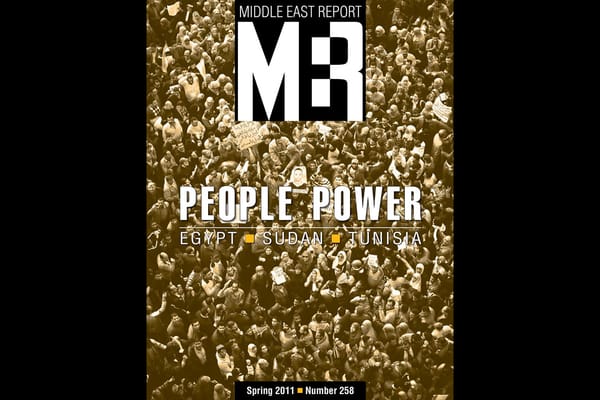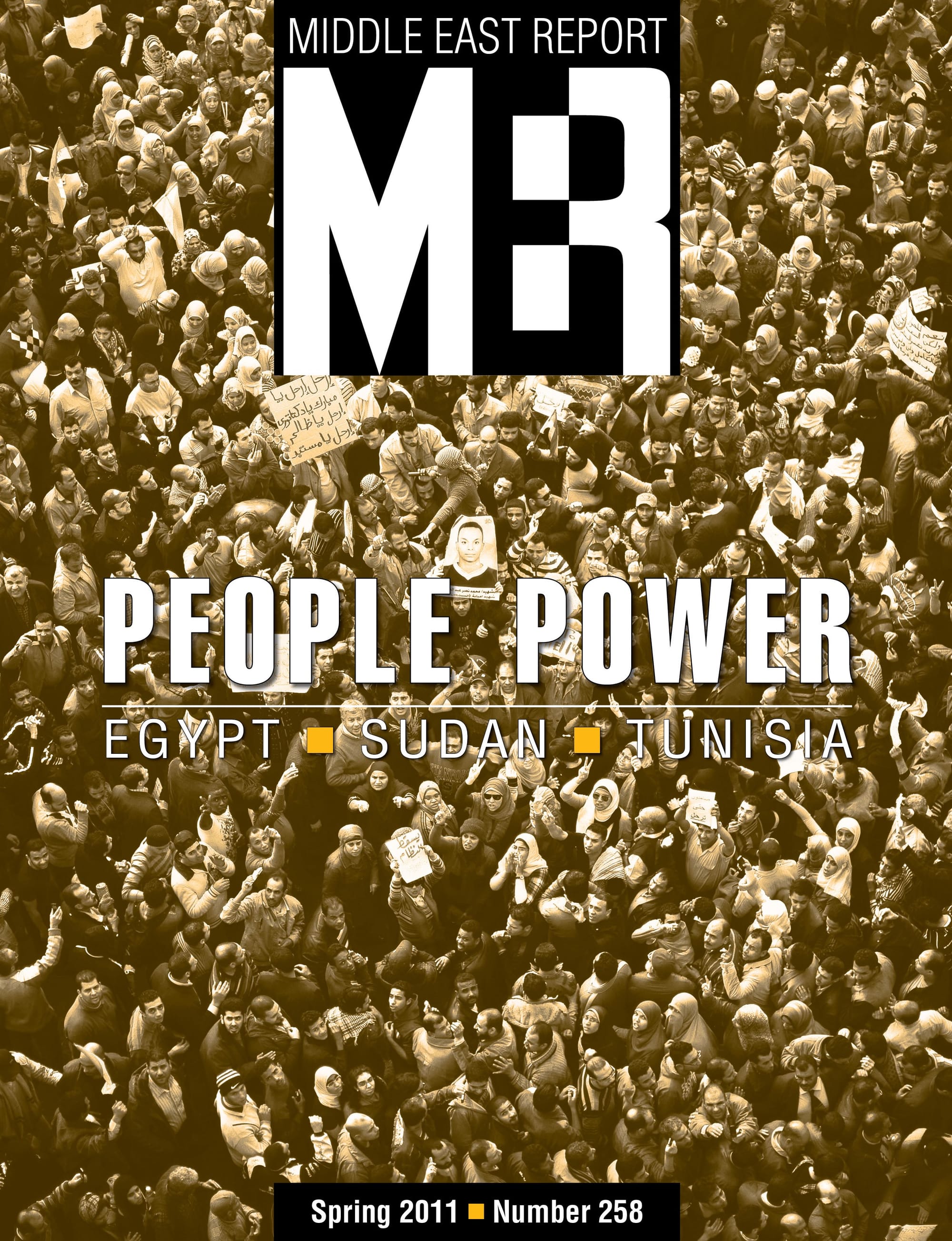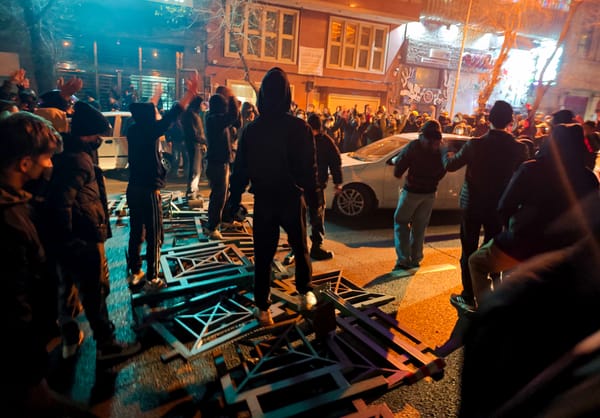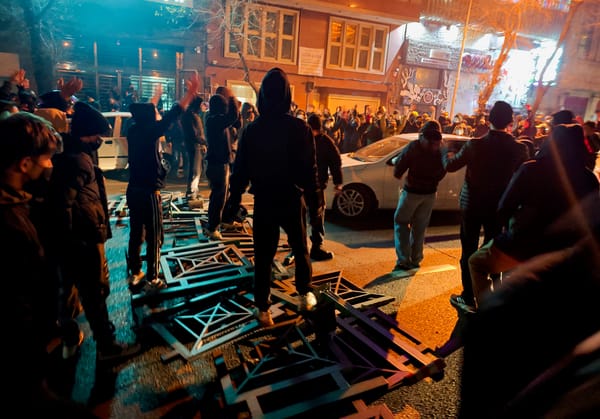Revisiting MERIP Coverage of the Arab Uprisings
Revolutions are the singular political events that “confront us directly and inevitability with the problem of beginning,” argued Hannah Arendt. MERIP’s coverage of the uprisings of 2011 struggled intensely with this conundrum while cross-regional mobilizations, alliances and confrontations emerged








